The travesty of recognizing Palestinian statehood while endorsing Israeli apartheid
By Denijal Jegić
In recent weeks, the governments of several European countries have formally recognized the State of Palestine, grabbing headlines and sparking academic discussions worldwide.
Although Ireland, Norway, Slovenia, and Spain have presented their recognition as a form of support for the Palestinian people amid the Israeli-American genocidal war, these European governments are merely perpetuating their traditional colonial discourse, further normalizing the Israeli regime’s apartheid and ethnic cleansing.
As the genocide in Gaza continues with unspeakable atrocities, claiming more than 37,000 lives, European elites recycle decades-old myths of ‘negotiations,’ ‘peace process,’ and the ‘two-state solution,’ reframe the Palestinian struggle for liberation into a diplomatic ‘conflict’ and silence Palestinian resistance against the genocide.
As the Israeli regime continues to massacre and starve Palestinians in Gaza, burning and beheading civilians alive, the European Union remains steadfast in its support for the Israeli regime.
In their symbolic recognition of the State of Palestine, some European governments have been busy sugarcoating genocide into a diplomatic issue, invoking ‘negotiations,’ ‘two-state solution,’ and ‘peace process,’ concepts that exist only in the hegemonic diplomatic discourse.
Reiterating this exhausted discourse seems to be the last resort to try and aid the Israeli regime.
Spanish Prime Minister Pedro Sanchez branded his government’s recognition of Palestine as a “historic decision” aimed at achieving “peace between Israelis and Palestinians.”
Sanchez envisions a Palestinian state that coexists alongside the Israeli regime in peace. He called for an end to what he refers to as a “crisis,” a permanent ceasefire, and the release of Israeli hostages.
Sanchez reiterated his support for the Palestinian Authority (PA) and called for cooperation with Arab partners to implement a “Two-State Solution” based on the 1967 borders.
Once again, European powers are speaking on behalf of indigenous people. The PA, created as part of the controversial Oslo Accords, collaborates with the Israeli regime.
Israel does not recognize borders and continues its military violence throughout the region, far beyond Palestine itself. Most of the world has recognized Palestine. However, the United States and its proxies, including much of Western Europe, form a small minority that has not.
Anti-war Jewish rabbi elaborates on the roots of the ongoing genocide and decades of Israeli-imposed conflict in the region.#GazaGenocide
— Palestine Highlights (@PalHighlight) June 11, 2024
Follow us on Telegram: https://t.co/U3DDExueps pic.twitter.com/btZD45CeGf
Even the recognition of the proclaimed State of Palestine is symbolic and requires the normalization of Israeli apartheid.
The State of Palestine, proclaimed in 1988, is based on the recognition of Israel and claims only a small fragment of Palestine as an independent state.
Israel is a settler-colonial regime that can only function within the framework of apartheid, seeking to remove the indigenous people and seize land through ethnic cleansing and genocide.
The decades-old practice by Israel’s supporters in Washington and throughout Europe to rhetorically convert the Palestinian struggle for liberation into a diplomatic ‘conflict’ has fabricated lies and excuses on behalf of the Israeli regime, allowing it to further develop its apartheid structures, prolong the illegal occupation, expand colonies, and continue to besiege and bombard Gaza long before October 7.
The diplomatic discourse is thus a gatekeeping mechanism to divert attention away from apartheid, ethnic cleansing, and genocide—the daily Palestinian reality not mentioned by Sanchez or other European leaders who have recognized Palestinian statehood.
While implicitly blaming the victims and perpetuating the myth of two sides, unable to clearly identify the oppressor, this diplomatic discourse essentially gives the Israeli regime the right to decide over the lives of Palestinians and shields it from accountability.
As European governments present their colonial anti-Palestinian discourse as actual support for the Palestinian people, they also continue to police and condemn Palestinians’ reactions to Israeli violence.
Unsurprisingly, armed resistance is labeled as terrorism, in line with European powers’ criminalization of liberation aspirations among indigenous people.
The condemnation of the Gaza-based resistance movement Hamas has become a political practice, crucial in Sanchez’s announcement.
The Spanish head of government voiced his “absolute rejection of Hamas,” referring to it as a “terrorist organization,” and reiterating that “Spain has strongly condemned the terrorist attacks of October 7,” insisting on his government’s “steadfast commitment in the fight against terrorism.”
When indigenous people disrupt the privileged comfort of their oppressor and its backers, they become terrorists.
Similarly, military intervention into the war by the Lebanese resistance movement Hezbollah and the Islamic Republic of Iran is condemned in the West and countered with additional sanctions to protect Israel.
If any European government was genuinely interested in ending the genocide in Gaza, they could take concrete steps by cutting relations with or imposing sanctions on Israel.
But protecting human life does not seem to be a priority for European elites—nor are Palestinians necessarily considered human. Europe itself created the suffering in Palestine.
The Israeli regime is part of European identity, indeed, an extension of Europe in Western Asia that displays in 2024 an advanced form of European colonialism.
Additionally, the European Union remains, in many ways, in a proxy relationship with the United States, with only minimal, if any, diversion from Washington’s stance.
The discourse around the recent recognition of Palestine by some European governments is thus completely in line with the EU’s broader colonial approach toward Western Asia, centered around the safety and comfort of the colonizer, and does not regard the indigenous people as equally human but rather attempts to police, contain, and criminalize their responses to colonialism.
Denijal Jegić is a researcher and author based in Beirut. He holds a PhD in American Studies. His work focuses on colonialism, resistance, and media representations with a particular emphasis on Palestine. He is the author of the book “Trans/Intifada: The Politics and Poetics of Intersectional Resistance.”
The views expressed in this article do not necessarily reflect those of Press TV.
Operational concerns delayed US-Israeli aggression against Iran for a week: Report
Iran slams Israeli attacks on Lebanon, warn UNSC’s inaction to embolden regime
Iran says has ‘no choice’ but to fight back, holds no enmity toward American people
Bahraini police assaults crowds mourning loss of Ayatollah Khamenei
Iran posed no imminent threat to US: Pentagon tells Congress
Iran will hold no negotiations with US: Larijani
Despite Leader's martyrdom, Islamic Republic firmly in control and punishing the enemy
At least 31 killed in Israeli aggression on southern Lebanon after Hezbollah strikes




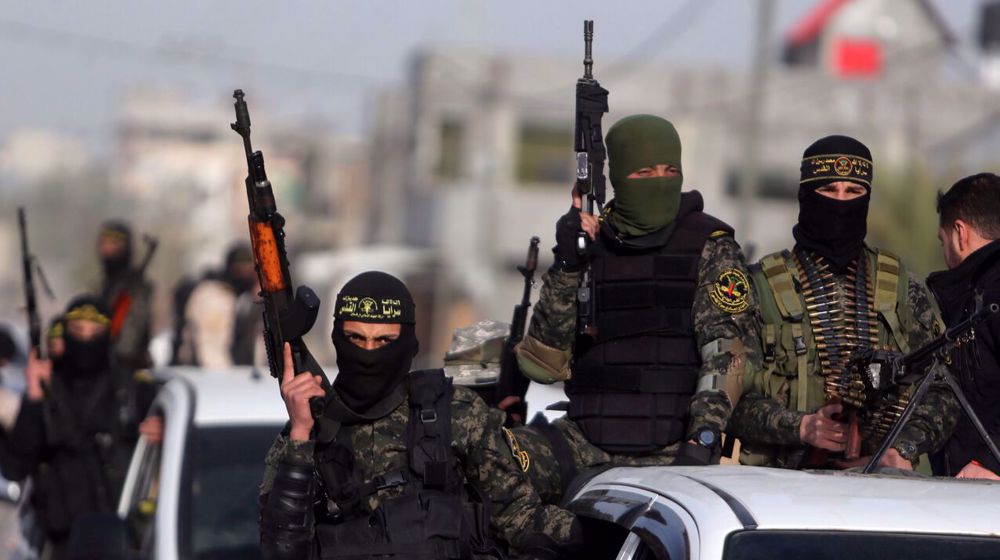
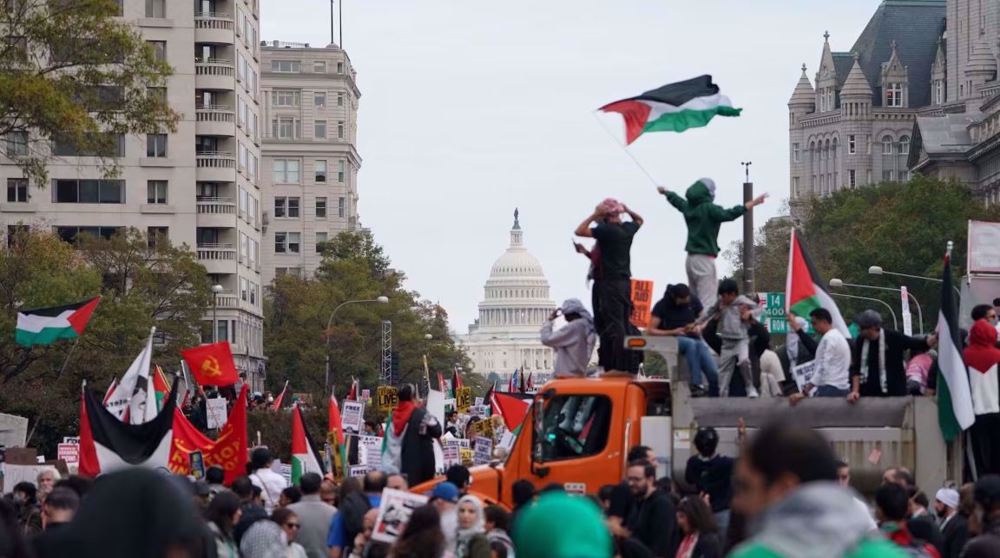
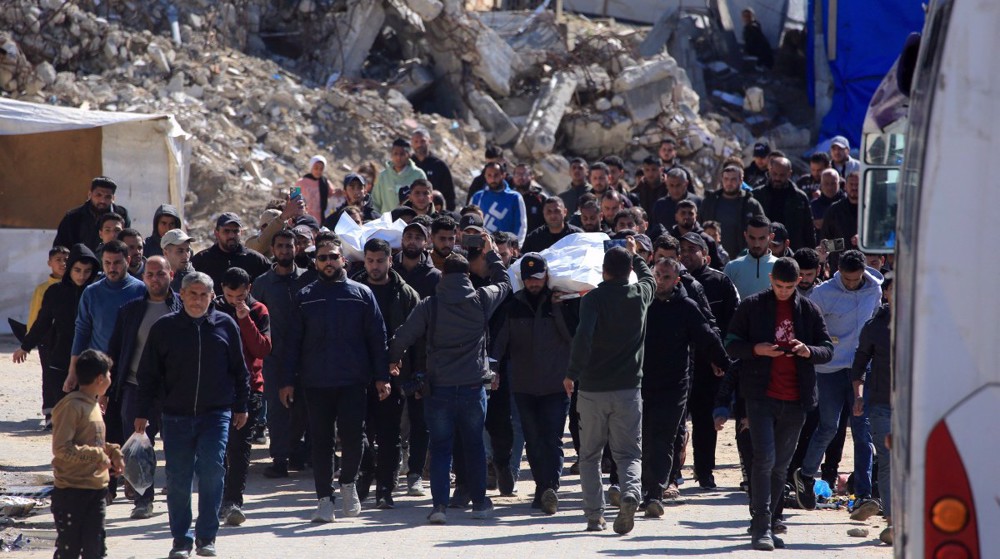



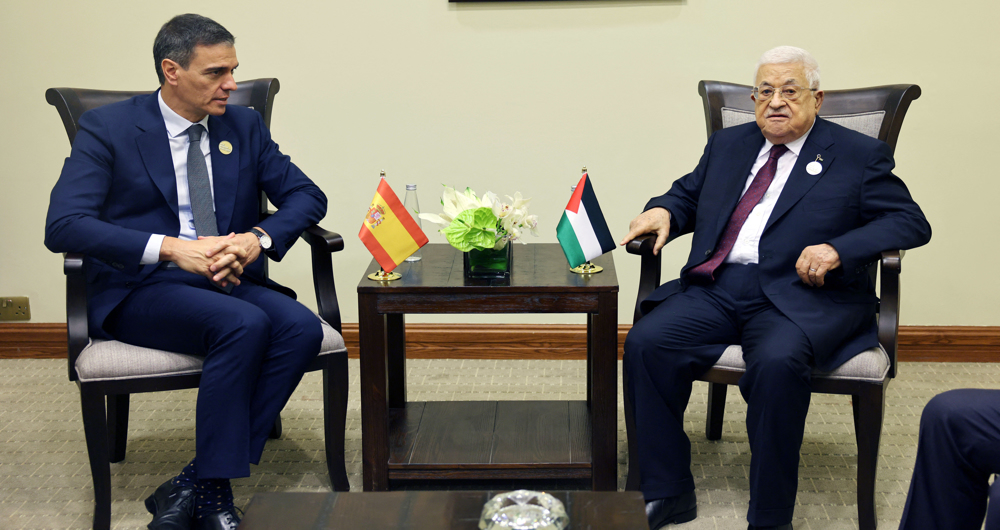


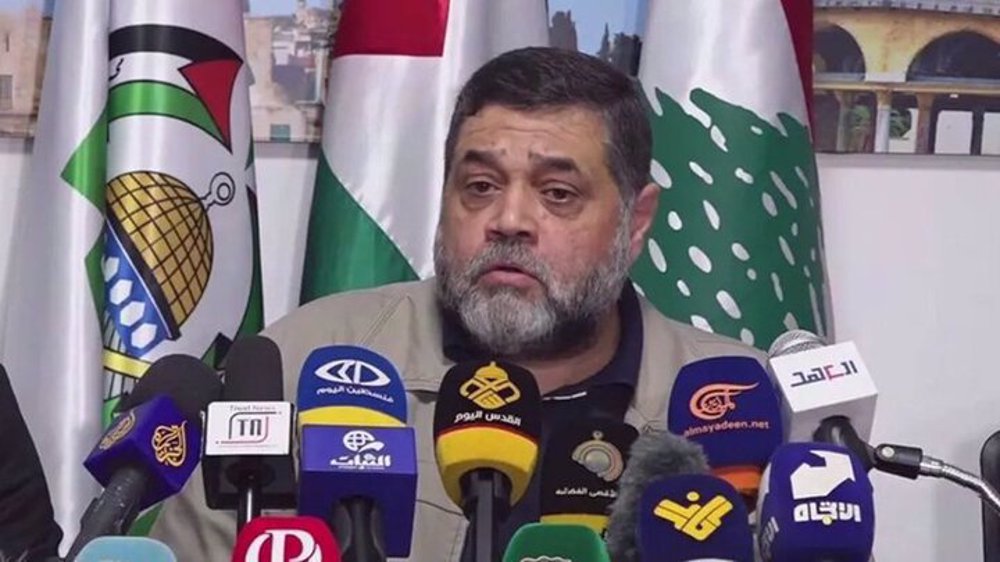


 This makes it easy to access the Press TV website
This makes it easy to access the Press TV website